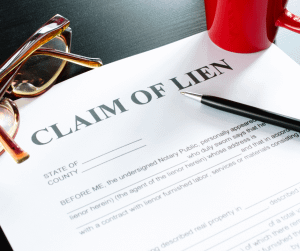
Latest News
Should You Update Your Estate Plan After Buying Out-of-State Property?
Leaving instructions in your estate planning documents on how a seasonal property will continue to be used and/or owned after your death, can prevent friction amongst family members and ensure your investment can be enjoyed for decades to come.

The Transfer on Death Deed is a provision under New York State Real Property Law that provides property owners with the ability to designate beneficiaries who will inherit real property upon their passing, bypassing the probate process.

Are you unsure if you share ownership of your property with someone else? Here is how to find out.

While it may be tempting to gift your house now, there are tax consequences in doing so.

A lien is a legal claim against real property by a creditor of the property owner, recorded in the county clerk’s office. The lien remains on the property until the property owner pays off the debt.

When residential property is owned by a trust, the trustee may sell the property if the terms of the trust permit it. The trust would be the seller of the property and the trustee must sign the listing agreement, contract of sale and closing documents.

Ever since the concept of individual land ownership emerged, passing real estate at death has existed in one form or another. Different states have different property laws that directly affect how real property passes at death.

When purchasing investment property, it is better not to own the property in your personal name. Both a Limited Liability Company (LLC) and a Corporation (Corp) offer creditor protection.

When you buy a real estate with someone in New York State there are three ways you could take title: (i) as tenants in common; (ii) as joint tenants with rights of survivorship; or (iii) if married, as tenants by the entirety.

One of the most disruptive proposals put forth last year by Congress was the elimination of the tax-free basis step up at death. Luckily for many of our clients, the legislation was never enacted.

Condominiums (“condos”) and housing co-operative (“co-ops”) seem very similar. Generally, both are apartments within a multi-unit building. The major difference lies in the ownership structure.





